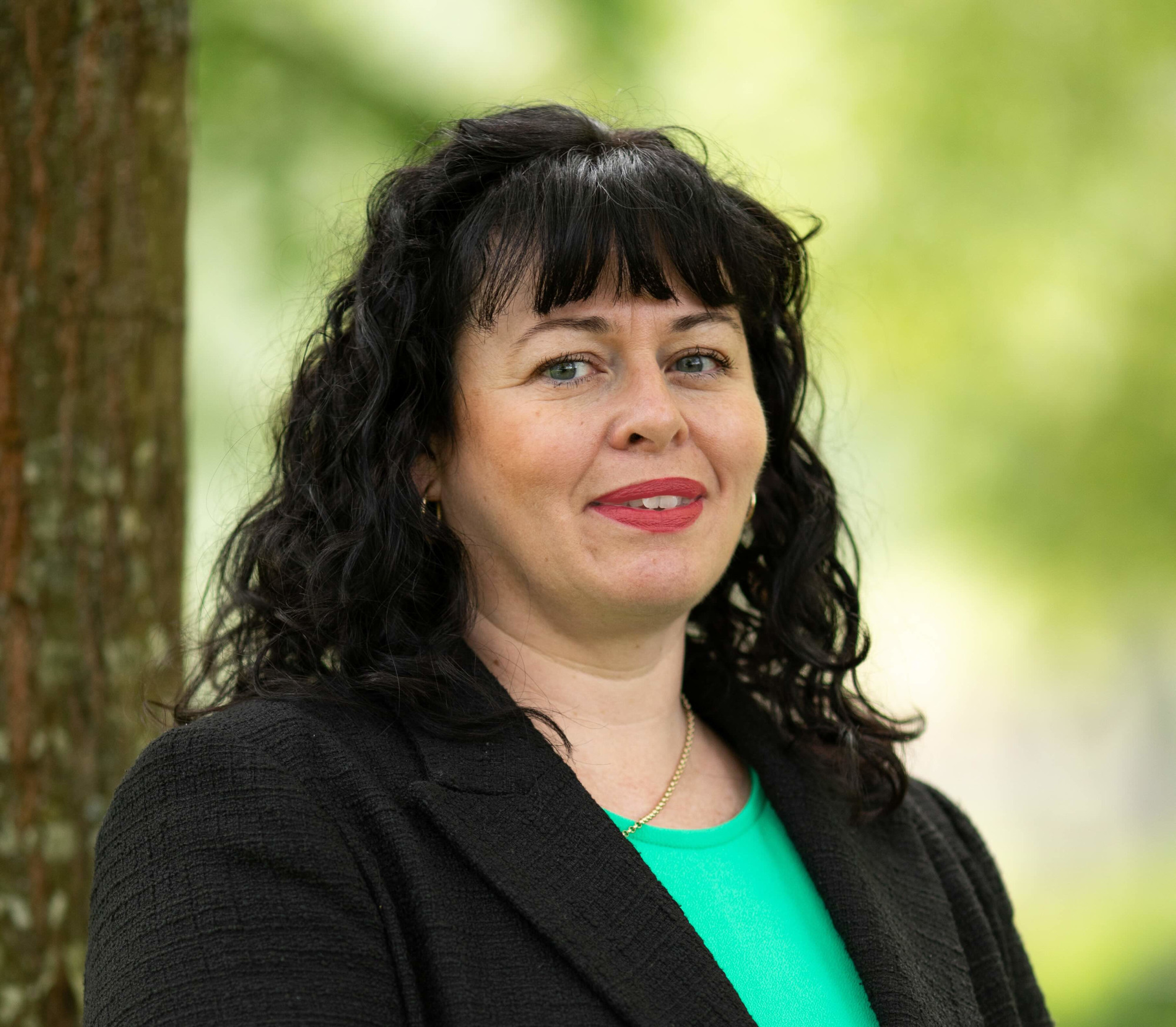Sarah Bolton: Bearing the emotional weight on World Mental Health Day

Pictured: Sarah Bolton, CEO of Lighthouse Charity
Sarah Bolton, CEO of the Lighthouse Charity, writes on the occasion of World Mental Health Day.
World Mental Health Day always brings a focus on what more could or should be done to support our industry’s workforce. Greater awareness of some of the issues can only be a positive thing, but for the Lighthouse Charity, our work to improve the wellbeing of our construction community is continuous – every hour, every day, every month.
We are consistently advocating for a positive mental health culture, but the past few years have presented the industry with a number of external challenges. Whilst we anticipated the far reaching and ongoing financial effects of COVID, the enduring impact on our mental wellbeing has proven to be just as challenging. The pandemic affected us with changing roles, altered working practices and increased lone working, spotlighting the nation’s emotional wellbeing. Coupled with the inherent challenges of working in construction, we’re confronted with numerous issues demanding attention.
So far this year we’ve seen a 33% increase in people contacting us for support. I see this as positive as it indicates that people feel less stigmatised and more able to reach out for the support they need; be that through our helpline, live web chat or text support service. Each person has a ‘presenting problem’ but things are never black and white. We know that poor mental wellbeing goes hand in hand with the vast majority of calls for help we receive and what can start out as a simple issue can quickly spiral out of control and seem insurmountable.
As well as continually reviewing our charitable services, one of the keys to improving our industry’s wellbeing is to have Mental Health First Aiders (MHFAIders) in the workplace who are trained to spot the early signs and symptoms of someone who may be struggling. With over 15,000 MHFAiders in our industry, the message of support can be amplified, and simply starting a supportive conversation can have a life changing and a lifesaving impact.
But this is not a tick box exercise and having the right people in place and then ensuring they get the support they need is paramount.
Volunteers should be exactly that, not individuals nominated purely on their seniority in an organisation. A good mental health first aider is someone that already demonstrates that they are a non-judgemental listener who can empathise with others and offer hope and support.
Our MHFAiders deal with extremely sensitive information on a regular basis and bear the emotional weight of our workforce. So, the next critical element is to ensure that they too can access the professional support they need.
Our charity has always been at the forefront of providing expert proactive and reactive charitable services and this is no exception. We offer a unique programme of support for the industry’s MHFAiders that incorporates access to peer support networks, new resources and empowers people with the skills to monitor their own wellbeing. This programme of support has been developed through feedback from MHFAiders who have first-hand experience of the many challenges our workforce face.
Our peer support sessions are facilitated by a mental health professional and offer people the opportunity to share their experiences with other MHFAiders and receive encouragement in their role. It also offers updates on new referral pathways and resources so that they can signpost effectively.
We also offer a six-week Wellbeing Support course for MHFAiders which focusses on the importance of maintaining and restoring their own wellbeing and introduces mind-body practices to increase resilience to mitigate burnout.
Some might say that all of this is a ‘sticking plaster’ that only resolves a particular issue temporarily or until another problem arises. It’s true that this support is reactive, but the distinction is that we constantly seek to identify the root causes of the emotional, physical and financial wellbeing challenges faced by our workforce.
One of the ways that we achieve this is by giving MHFAiders the opportunity to log their interventions. All information is strictly confidential and does not identify the individuals supported but does identify the issues being raised. These have included suicidal thoughts, relationship breakdowns, financial worries and feelings of isolation and loneliness. This information helps drive the strategy for our proactive interventions and enables us to focus our efforts accordingly.
Once an intervention has been logged, they are able to request further support by speaking with an MHFA Instructor or counsellor. This is particularly important after a traumatic or difficult incident and allows them to decompress and reflect on any impact on them as individuals.
Our MHFAiders are incredibly valuable but must be part of a wider strategy that responds to and tackles the root cause of the issues affecting our workforce. To support that, our Wellbeing Academy offers a huge variety of free training that equips everyone in our industry with the tools and soft skills to be able to navigate today’s challenges thereby supporting sustainable futures.
Better mental health literacy and a unified determination to support a positive culture change is also critical and whilst there’s more work ahead, we are fuelled by the industry’s shared commitment to improve the wellbeing of our construction community, I believe that together, we can make a tangible difference to our unique and truly remarkable industry.






















